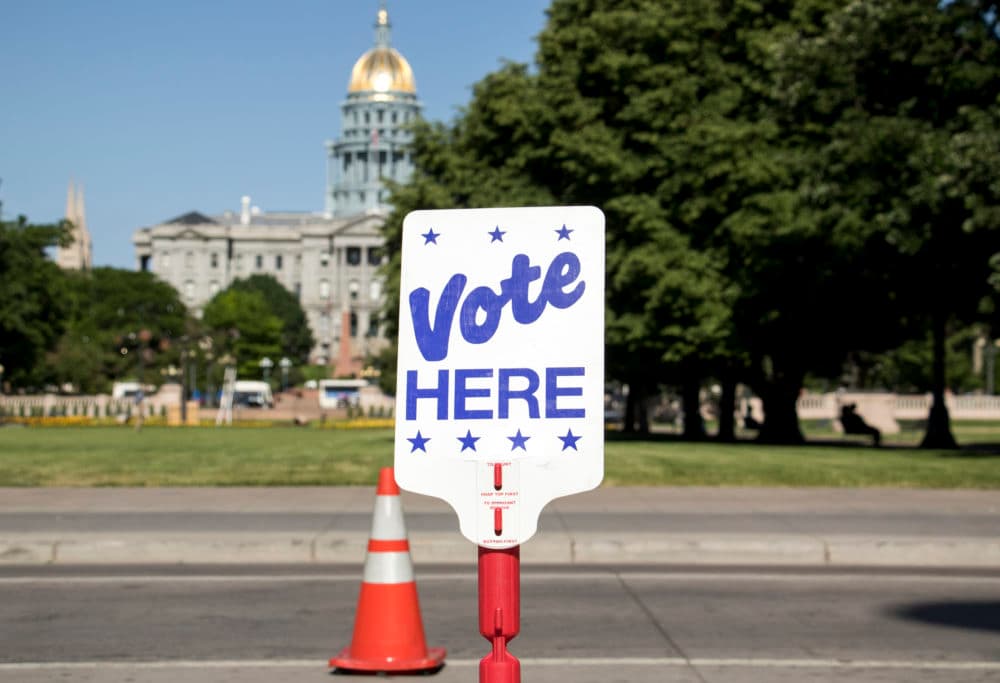There’s something you should keep in mind if you’re an unaffiliated voter who’s interested in participating in this year’s historic primary election: The primary you participate in will be public information.
That’s because in Colorado, your voting record is public info, which means that the primary you voted in will end up being publicly available. As many of you know, this is the first time in the state’s history unaffiliated voters are getting a chance to participate in the party primaries in Colorado.
Colorado Secretary of State spokeswoman Lynn Bartels confirmed this week that if you’re an unaffiliated voter and you vote in the primary, whichever ballot you requested will be public record. Unaffiliated voters make up a third (roughly 1.2 million) of all active voters in the state.
“Basically, people can find that information out when you buy a voter file,” Bartels said this week.
Anyone can purchase this data for $50, but this won’t include full date of birth, social security numbers or how anyone voted (only you know who you voted for).
Per the Secretary of State's website, here's the voter info that's considered public:
- Full name
- Residential address
- Party affiliation and date of affiliation
- Phone number (if provided)
- Gender identity (if provided)
- Birth year
- Info on whether you have voted in prior elections
It wasn't part of the original legislation.
Denver Director of Elections Amber McReynolds said that the initiative passed by voters in 2016, Proposition 108, invited unaffiliated voters to the primary process. But McReynolds said an additional bill passed by the General Assembly (SB17-305) added restrictions and additional requirements for local election offices to record which party unaffiliated voters chose in the primary.
McReynolds said these new requirements were advocated for by the two major parties, which she believed was done to give them a chance to "tag" unaffiliated voters to give them an idea of how they leaned politically.
"To me this is a need the two major parties have for campaign purposes," McReynolds said over text. "It provides no benefit to the voter and potentially could deter a voter from participating since they are 'tagged' with a party in their voting history."
It’s possible for someone to request information about any voter. McReynolds said county election offices are the custodians of this info (she added there are some exceptions to voters who are on a confidential or protected status).
“I think it’s very important that voters understand that,” McReynolds said. “Most people don’t realize that the info is in your voter record. They should understand that.”
A quick primer on this year’s unaffiliated participating: Active unaffiliated voters have received both the Democrat and Republican primary ballot, but they can only vote in and return one ballot (returning both invalidates your vote; only turn in one!). Thousands have already done so.











